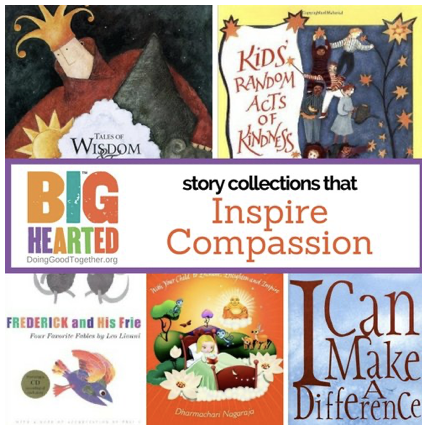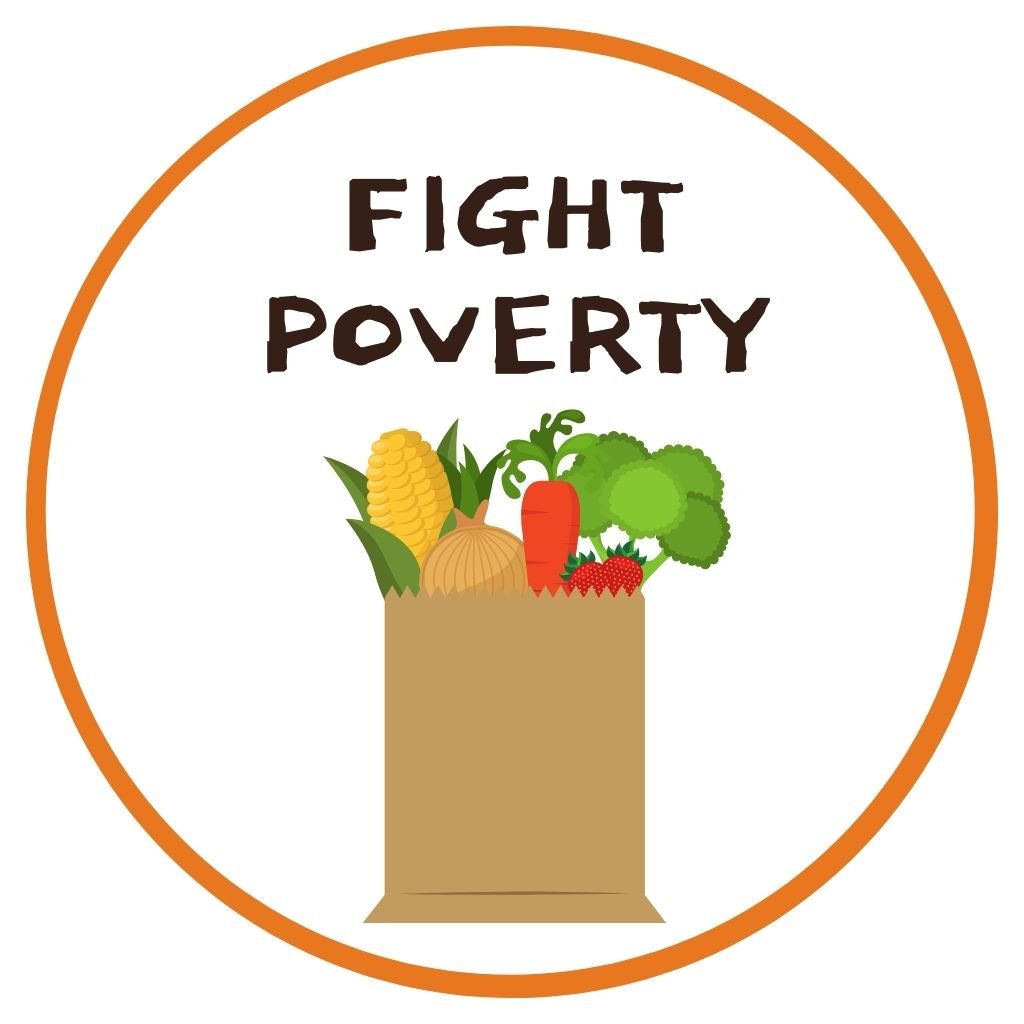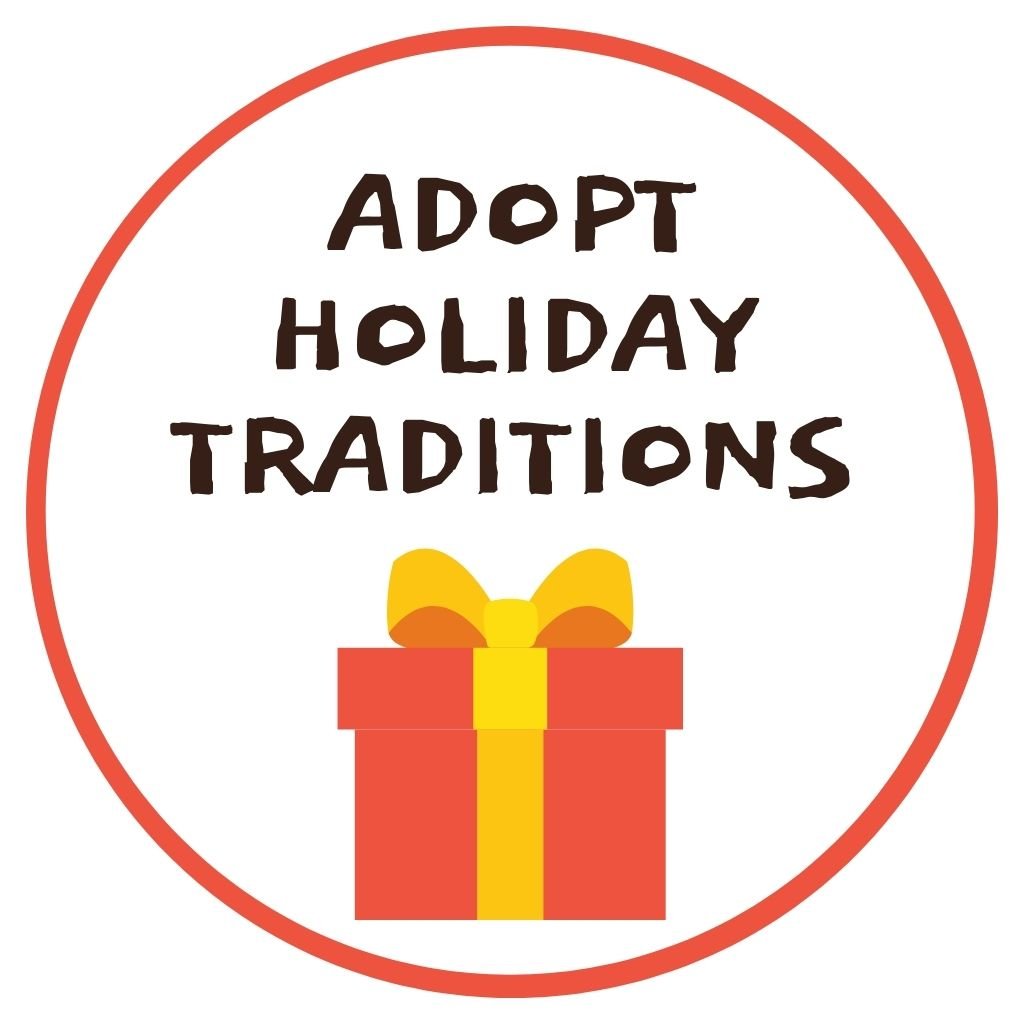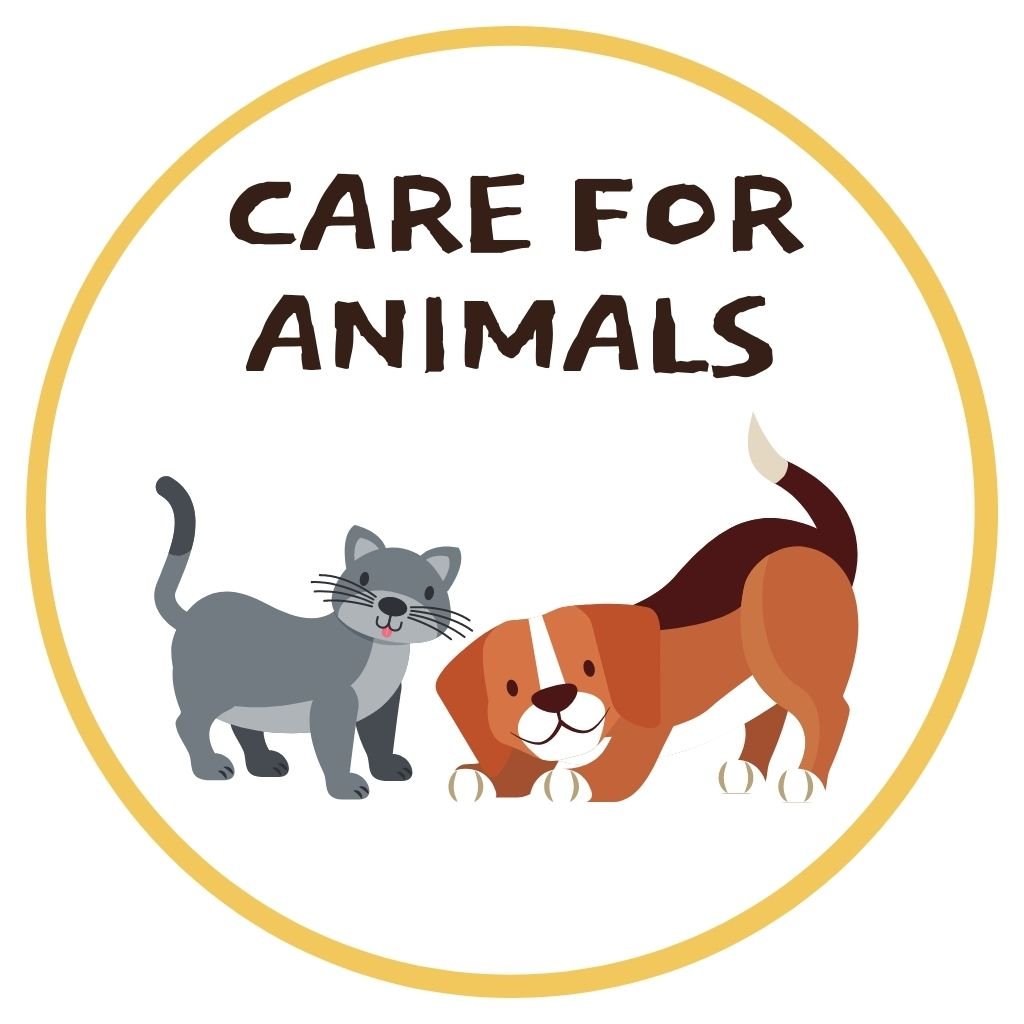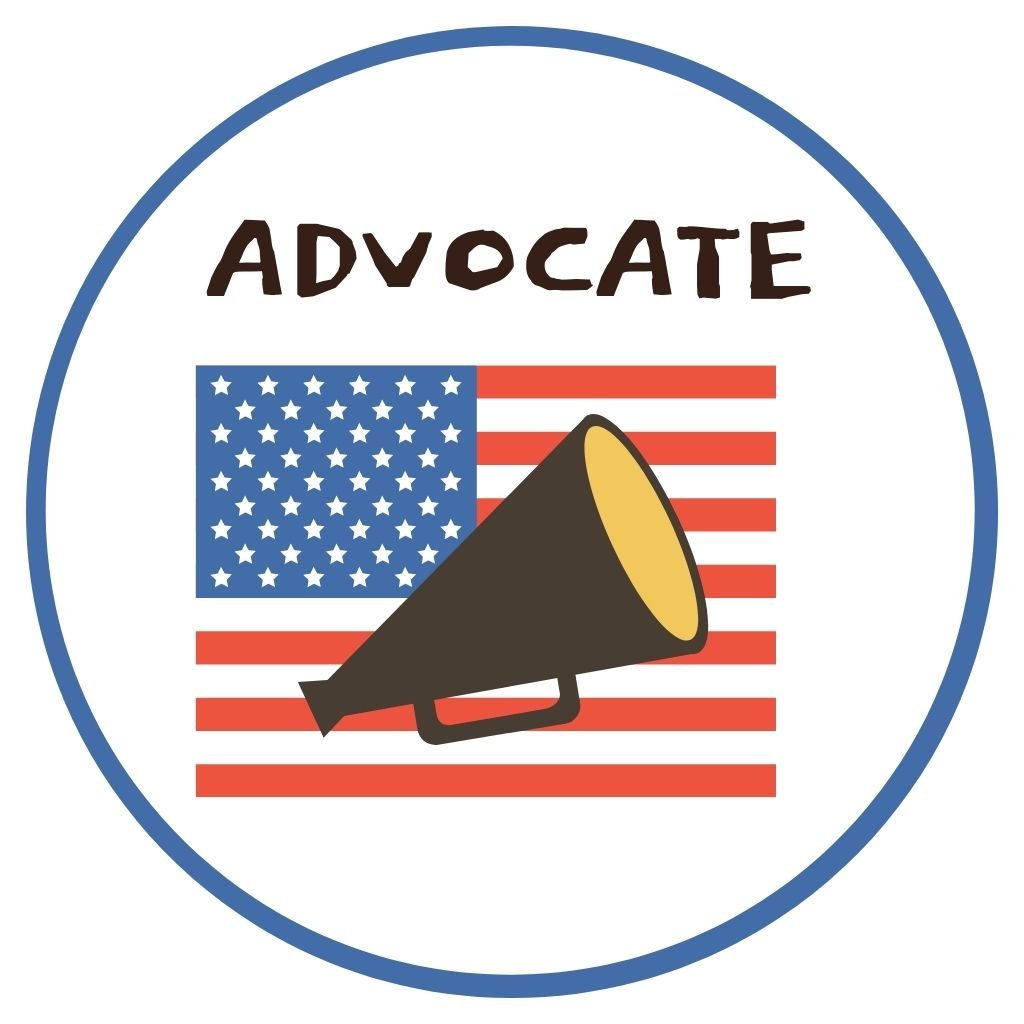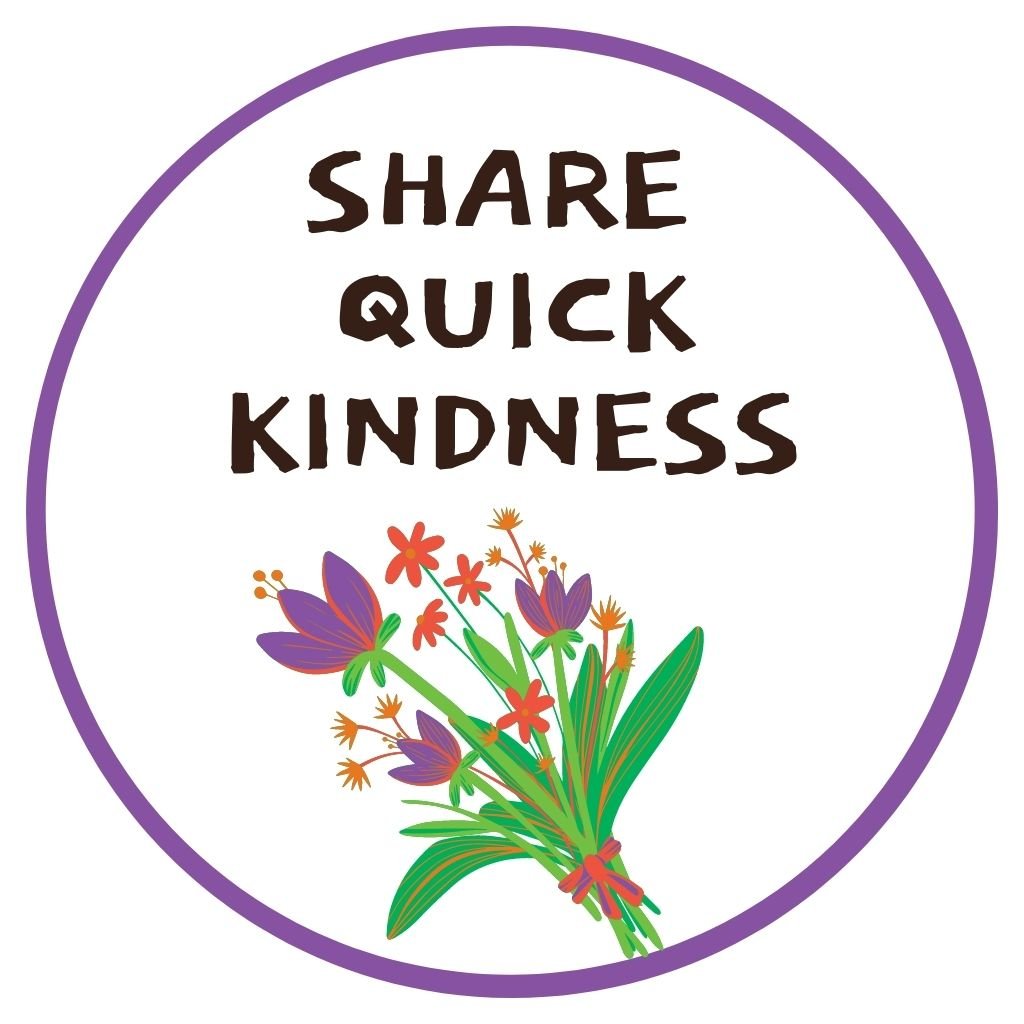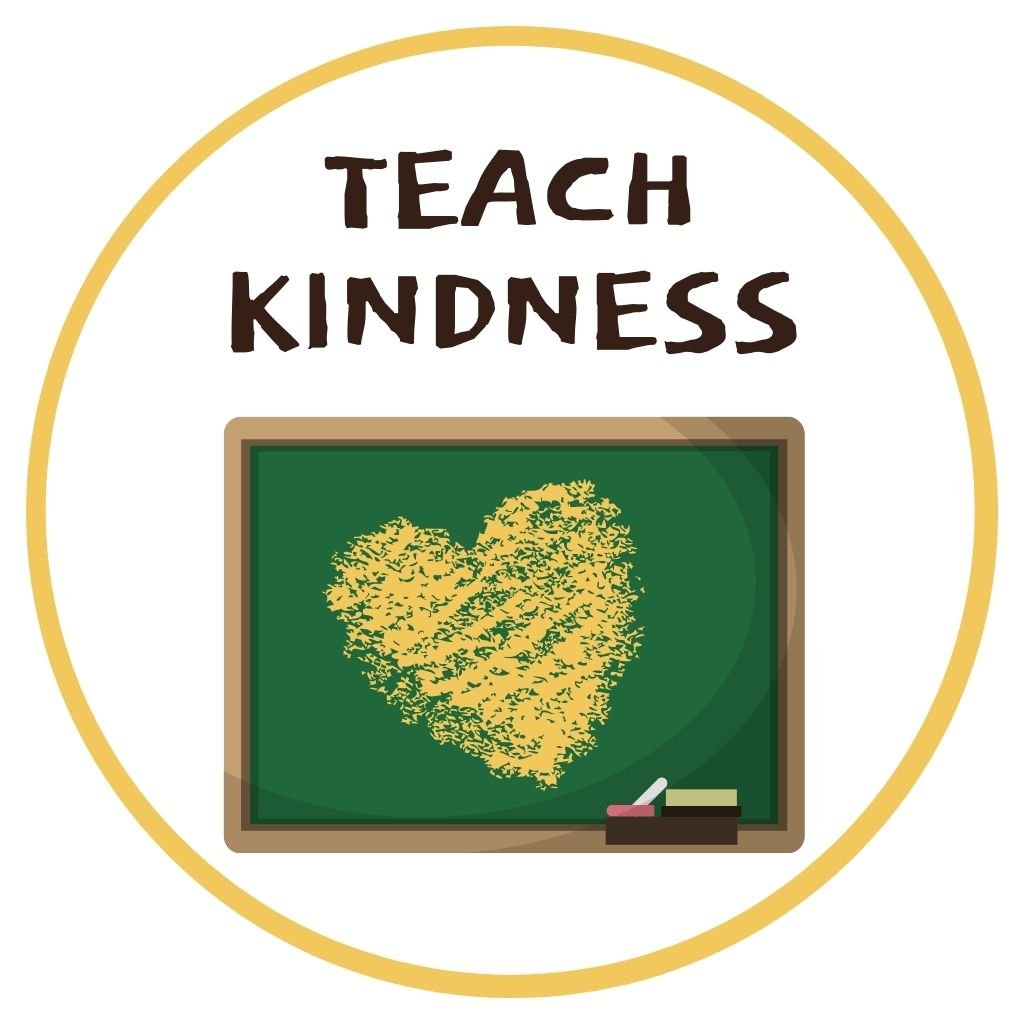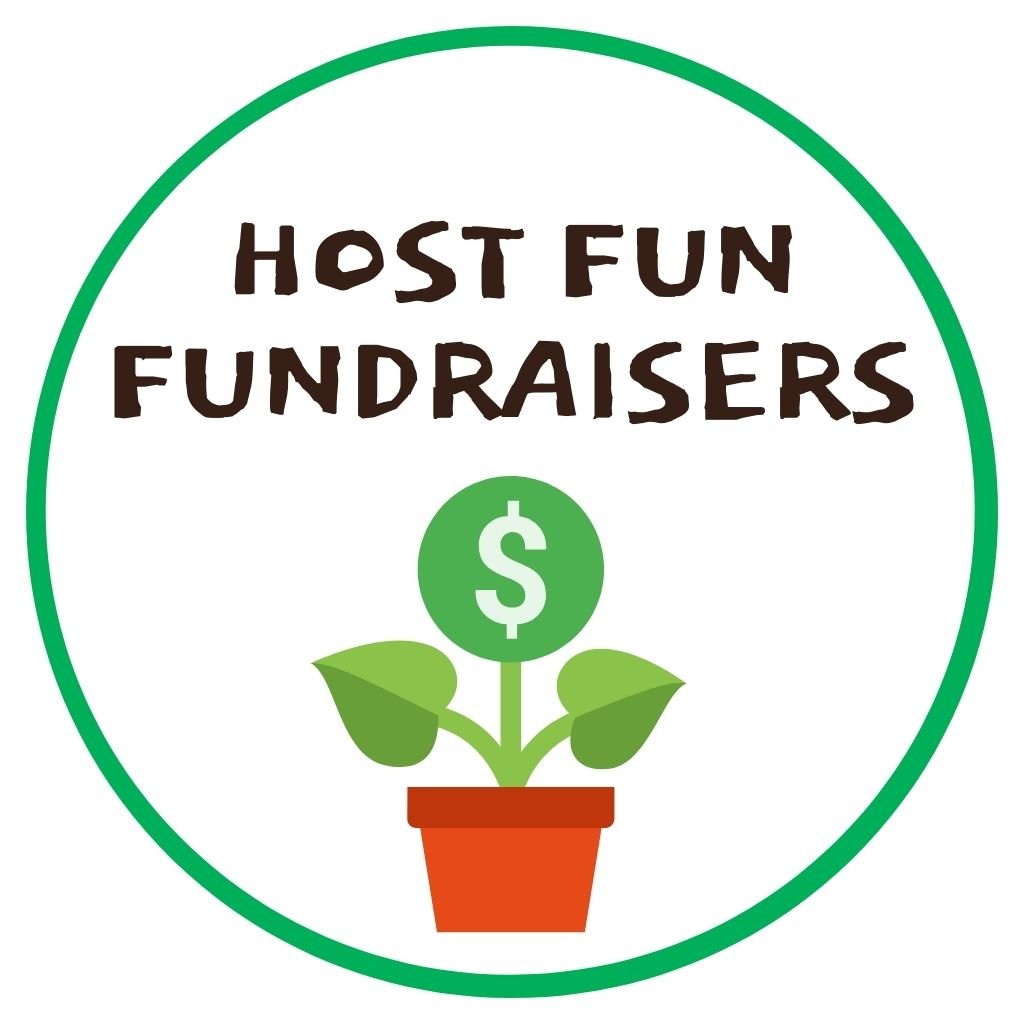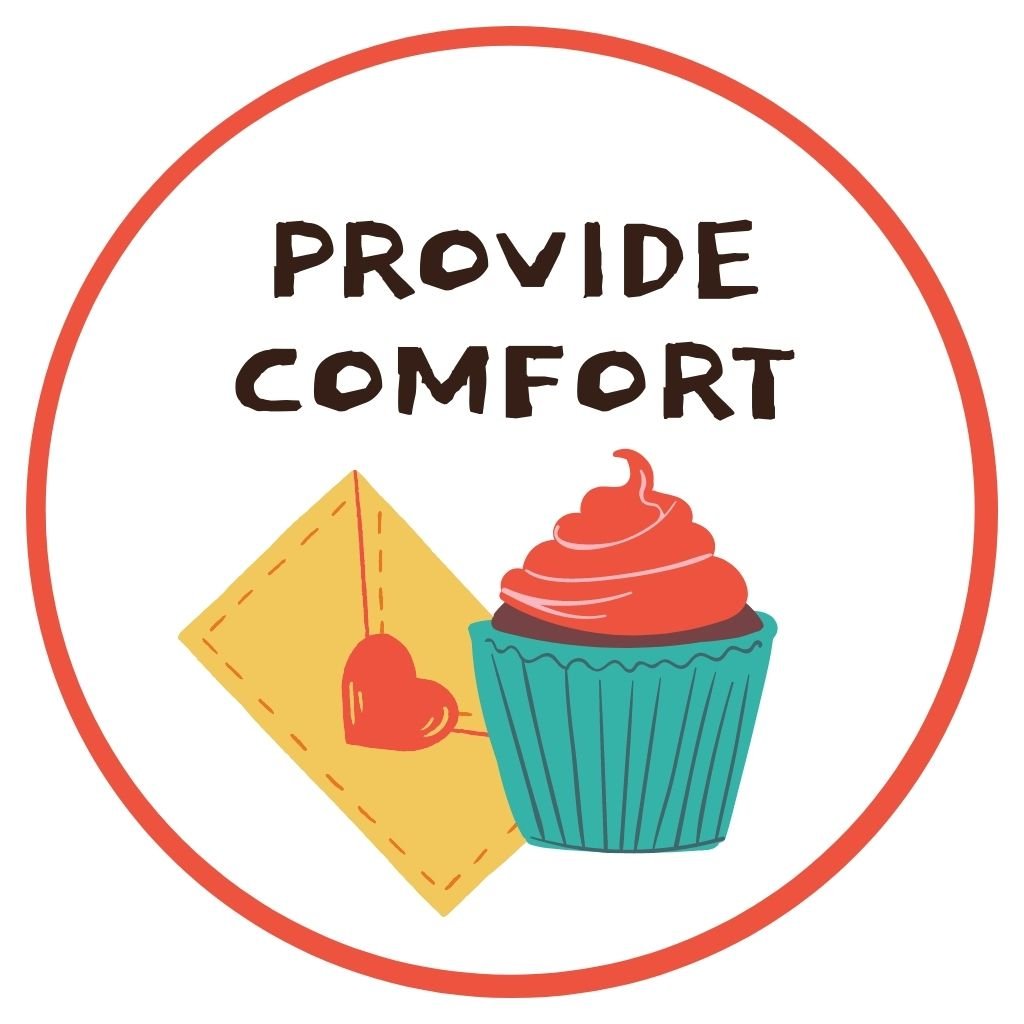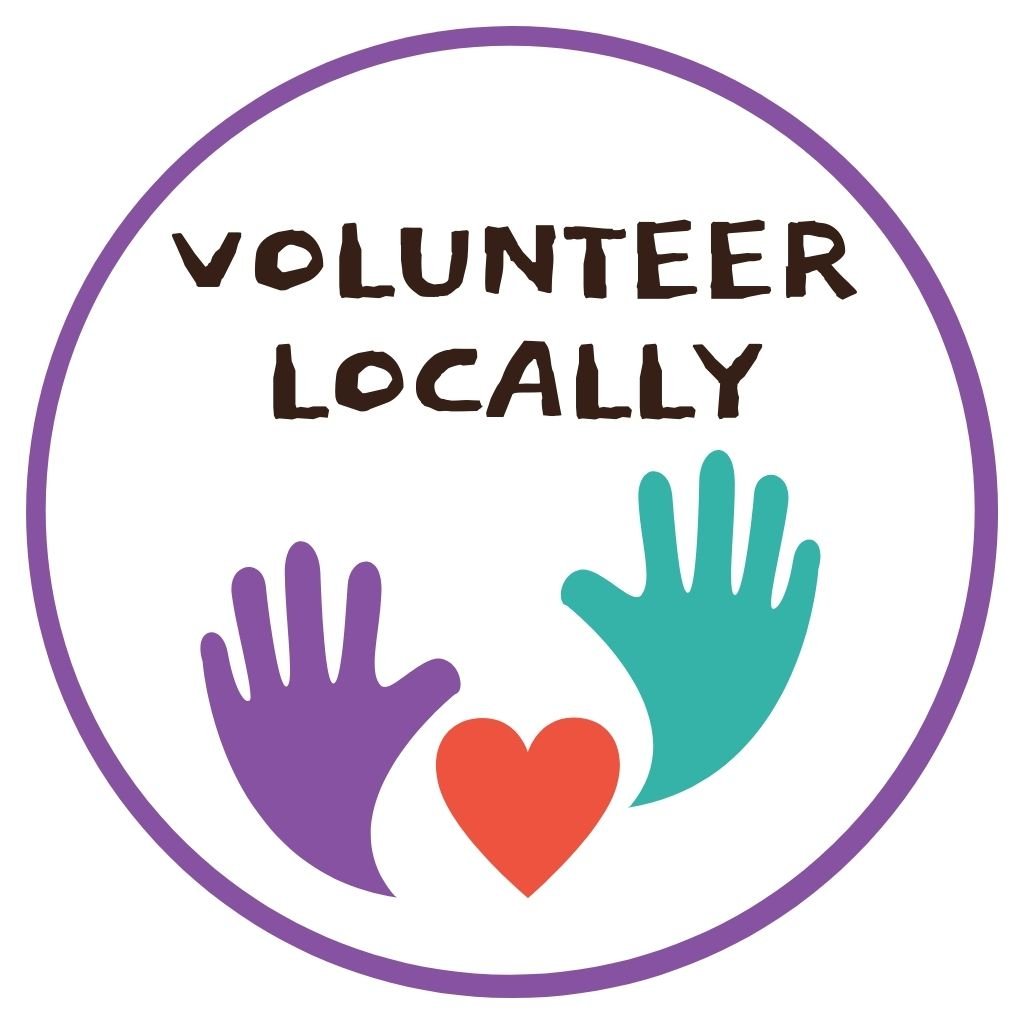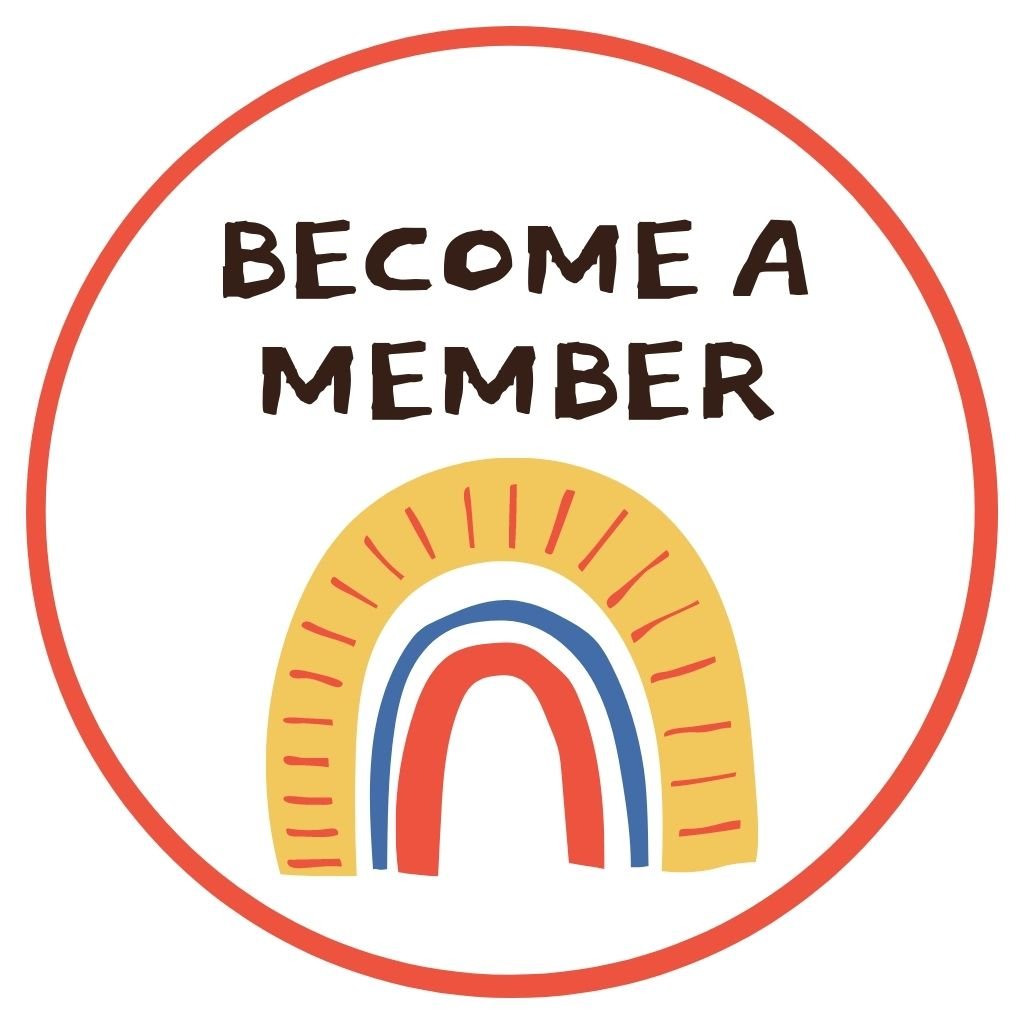Transforming a Child’s “I Can’t” into “I Can!”
By: Courtney Juvland, early childhood family educator
Think of the last time you heard your child, voice raised in frustration, utter the phrase “I can’t.”
Perhaps, it was accompanied by throwing an offending item (puzzle piece, shoe, pencil) and clenching of fists. Their feelings of futility were clear from their words, tone, reddened faces, tears, or any other number of signs to show that they were feeling hopeless.
Now, think of the last time YOU felt this sense of futility. It can come up in small ways (when you just can’t get that jar of jam to open), medium ways (when your car won’t start), and monumental ways (when you see earthquake victims searching for missing loved ones.) It feels awful to feel helpless, and the awful feelings often increase with the size of the problem.
As adults, we have a better sense of what is within our locus of control and how we can approach solving problems from our mature perspective, whereas young children see a lot of problems as big and insurmountable even if they are not. The good news is that we can cultivate the growth of our child’s sense of helpfulness over time in ways that match their developmental stage, while teaching about both agency AND the interconnectedness of humanity.
From a study conducted by the National Association for the Education of Young Children (NAEYC), “agency facilitates young children’s co-creation of caring and dynamic communities…[and] provides many opportunities to show care; advocate for one another; negotiate and regulate their play, interactions, and access to resources; and balance individual needs with those of the community.”
The study suggests that giving children agency (the ability to make choices) is necessary for them to show they can cooperate with and contribute to a group.
It also helps facilitate a “can-do” attitude.
So, how do we empower young peoples’ sense of agency? First, focus on what they CAN-DO.
Transforming a Child’s “I Can’t” into “I Can!”
Avoid doing for children what they can do for themselves. My co-teacher in the early childhood family education program repeats this mantra regularly, and the children often rise to the occasion.
If your child is capable of fastening their own shoes/clothing, packing a lunch, and doing their laundry, make the time and space for them to do those tasks on their own.
Don’t overcorrect. If your child is practicing their independence by assisting in household chores, dressing themselves, or performing their own self-care tasks, you might notice they don’t perform those tasks to a standard you hold. As best you can, don’t swoop in and “fix” things for them or inundate them with additional instructions. Doing this subverts the goal of building a sense of competence.
Try a simple redirection or demonstration (say, “I line the plates up here in the dishwasher. How many can we line up in this row?”) instead. If you must redo their work, try to do it at a time when they won’t notice it; alternatively, challenge yourself to accept their work as good enough for the time being.
Validate effort. If you see your child working hard on the process, call attention to that. “You put a lot of thought into how to pack your school bag. You even remembered to make your snack a healthy one! I bet those cucumber slices are going to be tasty later.”
The end product might not be the neatly arranged bento box you would have produced, and artfully-organized backpack ready for any situation...but they will have done it themselves, and that’s important work being done! Feeling capable builds confidence.
Once your child has a good sense of agency and control, they will be better-equipped for working to help others.
Think about it… when you feel capable and confident, you feel ready to share with others from your resources. Together with your children you can now be helpers, and they’ll want to do it! It’s time to focus on the WILL-DO.
Notice when others are having a hard time. This can be as simple as making eye contact with your child after witnessing a struggle, and following up with conversation later. If they are young, reflect to them about what you saw. If they are older, invite them to share what they observed.
Show them examples of change-making. Read books about young people who have worked to make a difference. Reading these stories will teach your children about important issues and inspire them to make good changes where they can.
Be change-makers yourselves. Talk to your children about your own volunteerism. Even small children can be included in at-home volunteer efforts. Show by example the tangible things that can be done to help others. Check out our volunteer listings for ideas of what you can do together.
Be an advocate/use your voice. This is great for children who are a bit older or who have an innate sense of justice. Advocacy is often more intangible, but can be highly rewarding. Talk about everyday ways to give voice to people who might be treated unfairly, write letters together to change-makers, and show examples of orators who spoke up against injustice.
There are some wonderful ideas and resources here from Meet the Helpers, as well as lots to explore from our resources at Doing Good Together. Try reading picture books together about compassion and doing good for others with the littlest children with big hearts, chapter books with older social justice advocates, or explore our family reflection guides together about a cause for which you share a passion.
Our children are our future and our hope… though they be but little, they are fierce! With some faith in their capabilities, they will grow to move mountains.
If you like our free stuff, you’ll love our membership program!
Join today and we’ll help you keep kindness on your family calendar all year long, now with access to DGT’s popular member’s only e-books.
Browse our Pick-a-Project collection!
Disclaimer: Doing Good Together™ is a participant in the Amazon Services LLC Associates Program, an affiliate advertising program designed to provide a means for sites to earn advertising fees by advertising and linking to Amazon.com.
The recommendations we offer are based solely on our mission to empower parents to raise children who care and contribute.




